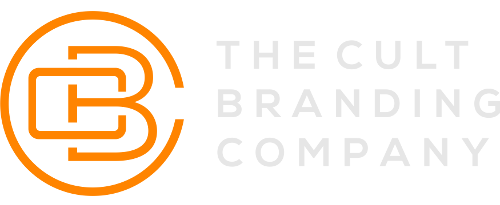Cult Branding as a Strategy for Competitive Pricing
Cult Branding is a powerful strategy that can significantly influence a brand's perception and pricing power relative to competitors. This strategy is exemplified in the competitive landscape between Apple and Google Pixel smartphones. Apple's ability to command premium prices for its iPhones, even against similar devices...

